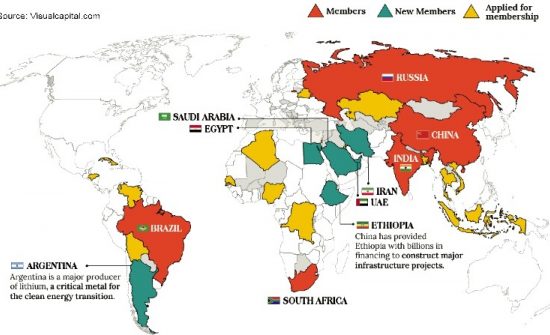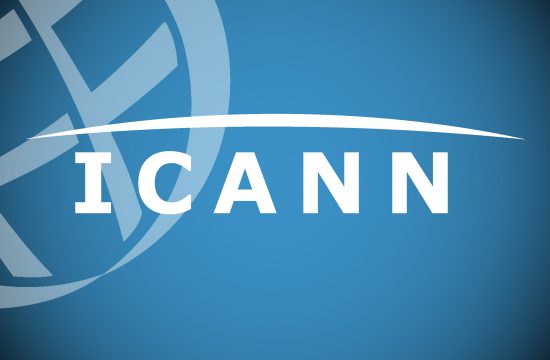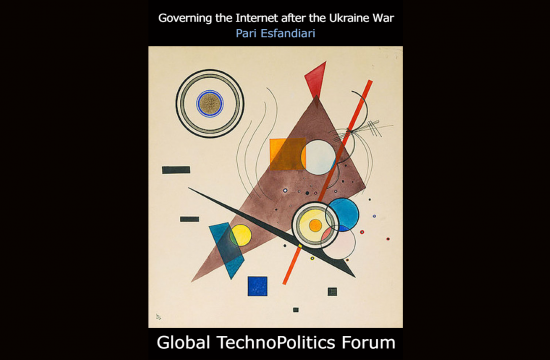Blockchain is seen as a possible game-changer to digitalize and automate trade finance processes, in particular letters of credit, and to ease supply chain finance. An array of banks working with financial technology (fintech) startups and information technology (IT) companies are investigating the potential of the technology. Pilot projects are encouraging, but a number of technical and regulatory issues need to be addressed before the technology can be used on a wide scale.
The intrinsic characteristics of the technology also make it a potentially interesting tool to help implement the WTO Trade Facilitation Agreement (TFA) and to facilitate business-to-government (B2G) and government-to-government (G2G) processes at the national level. Blockchain and smart contracts could help administer border procedures and national single windows (a single point of entry through which trade stakeholders can submit documentation and other information to complete customs procedures) in a more efficient, transparent and secure manner, and improve the accuracy of trade data. The real challenge will be to make cross-border G2G processes more efficient. This will not only require settling interoperability issues at a technical level – an issue on which the Blockchain community is working actively – it will also require standardization and political will to create a regulatory framework that is conducive to paperless trade.
Finally, the technology will only be able to work to its full potential if all aspects of cross-border trade transactions are digitalized, from trade finance to customs, transportation and logistics, and if the semantics are aligned (i.e. what specific information is communicated by the data elements). The transportation and logistics sector, which constitutes a fertile ground for blockchain implementation due to the large number of actors involved, is actively looking into ways to leverage the technology in order to develop trade platforms that could connect all actors along the supply chain, including banks and customs authorities.
If the projects that are under development succeed, Blockchain could well become the future of trade infrastructure and the biggest disruptor to the shipping industry and to international trade since the invention of the container. However, much remains to be done. Such projects require complex integration work and a conducive regulatory environment. They also raise issues of interoperability and standardization. A dialogue between all stakeholders, including regulators, is essential.
Blockchain could give rise to a new generation of services.
Beyond Blockchain’s pilot projects related to trade finance, an increasing number of startups are developing products and blockchain applications to provide for quicker, Read More










